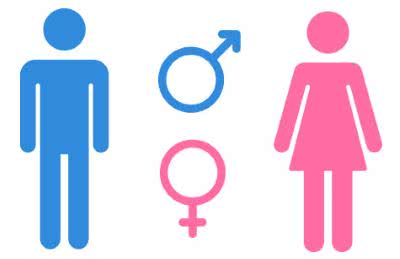Significado de la palabra gender en español
¿Qué significa gender en inglés? Descubre el significado, la pronunciación y el uso específico de esta palabra con Lingoland
gender
US /ˈdʒen.dɚ/
UK /ˈdʒen.dɚ/

Sustantivo
1.
género, sexo
the state of being male or female (typically used with reference to social and cultural differences rather than biological ones).
Ejemplo:
•
The company is committed to promoting gender equality in the workplace.
La empresa está comprometida con la promoción de la igualdad de género en el lugar de trabajo.
•
The survey asked participants to identify their gender.
La encuesta pidió a los participantes que identificaran su género.
2.
género
(grammar) each of the classes (typically masculine, feminine, and neuter) of nouns and other words that determine the form of associated words.
Ejemplo:
•
In German, nouns have a grammatical gender.
En alemán, los sustantivos tienen un género gramatical.
•
The teacher explained the concept of noun gender to the class.
El profesor explicó el concepto de género de los sustantivos a la clase.
Verbo
1.
generizar, asignar género
assign a gender to (someone or something), typically in a way that is seen as imposing a conventional male or female role.
Ejemplo:
•
The film was criticized for gendering its characters in stereotypical ways.
La película fue criticada por generizar a sus personajes de manera estereotipada.
•
Some argue that language itself can gender our perceptions of the world.
Algunos argumentan que el lenguaje en sí mismo puede generizar nuestras percepciones del mundo.
Aprende esta palabra en Lingoland
Palabra Relacionada: